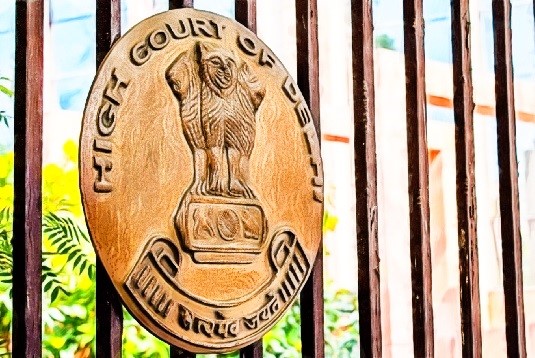On Wednesday, the High Court of Delhi took suo motu cognisance of a “legal vacuum” that denies residents of urban villages the ability to get their land mutated.
The Court initiated a Public Interest Litigation after the issue was flagged by a local from Jaunti urban village before Justice Sanjiv Khanna of the Supreme Court during a legal outreach programme launched by the Delhi State Legal Services Authority (DSLSA).
A bench of Acting Chief Justice Manmohan & Justice Tushar Rao Gedela highlighted the “complete absence of any law/policy/guidelines/rules whereby rights of mutation can be availed by the residents of such villages before the appropriate forum” & sought the stand of land-holding agencies, including the land & development office of the ministry of housing & urban affairs, Municipal Corporation of Delhi, Delhi Development Authority & Delhi govt.
The Delhi HC noted that the absence of a documentation mechanism by land-owning agencies post-urbanisation disproportionately affected the urban poor & even prevented access to credit facilities for construction & renovation, benefits from govt schemes, or participation in the land pooling policy of Delhi govt.
The Court added, “Such a legal vacuum disabling the villagers from managing their immovable properties prima facie violates their fundamental right under Article 21 & constitutional right under Article 300A of the Constitution of India, & accordingly needs to be addressed at the earliest by the departments/govt agencies concerned”.
On Aug 10, Delhi State Legal Services Authority launched its project Goonj, which aimed at reaching remote and underdeveloped areas of Delhi & providing legal help. Under the project, every district legal aid unit has been tasked with identifying & uplifting such areas.
During the legal outreach programme, local residents had raised the concern before Justice Khanna & Justice Manmohan regarding the difficulties faced by the villagers over mutation in the land records.
The residents informed them that they wished to get their respective immovable properties, inherited from their ancestors, mutated in their names in the land records as per law, but the only response they received from the govt agencies concerned was that since the village had been urbanised under Delhi Municipal Corporation Act, 1957, the mutation of properties in the land records had been halted by Delhi govt.
This applies to several other villages in Delhi also, the court observed. It added that several people had even reached out to DSLSA, complaining that despite the names of their ancestors being duly recorded in the land records & despite the plea of mutation, entries could not be made in the revenue records as the village land had been urbanised.
While seeking the stand of various agencies, the court emphasized that “this problem has persisted for nearly two decades, affecting many urbanised villages without a clear mutation policy.”


